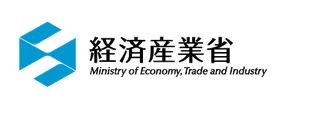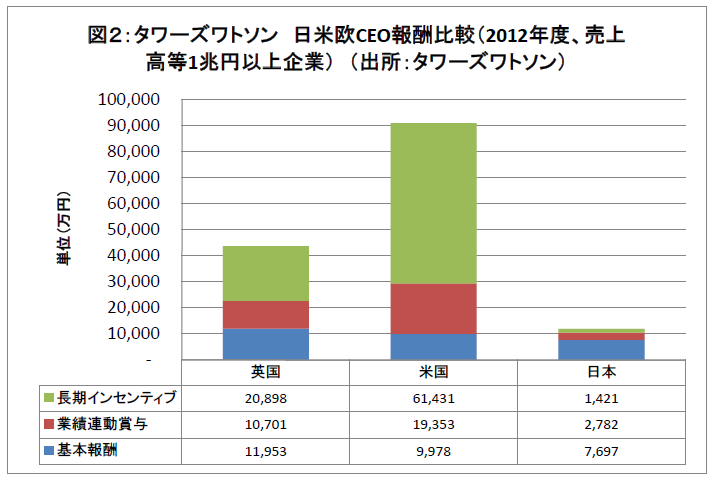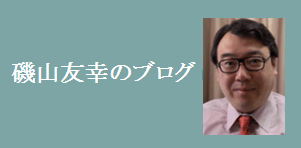「持続的な企業価値を生み出すための企業経営・投資のあり方やそれを評価する方法の検討に当たっては、狭義のESG(環境、社会、ガバナンス)だけでなく、人的資本、知的資本、製造資本(例えば、IIRC(国際統合報告フレームワーク)における6 つの資本の考え方等)等も視野に入れた総合的な検討が求められます。
カテゴリー: Uncategorized
スチュワードシップ研究会: 「日本企業におけるコーポレートガバナンスの問題と「空気」 -「空気」の支配からの脱却-」
20年の長きにわたって低迷を続けている日本経済の回復は、日本企業の復活なくして達成できない。しかし、日本企業は、新興国企業の追い上げによって、競争力を失ってきている。こうした日本企業の抱える問題は多いが、その最大のものは、コーポレートガバナンスの問題である。本稿では「空気」という概念を用いて、コーポレートガバナンスの問題を考察した。創業経営者企業を除き、多くの日本企業の取締役会は、経営者のリーダーシップではなく、「空気」によって支配されていると考えられる。「空気」は、長い期間をかけて、企業内で共有された価値観や、従業員のコンセンサスによって醸成される。「空気」は、変化を嫌い、事業再編などといった大胆な改革を妨害する。経営者が、もし、こうした改革を本気で着手しようとすれば、企業内に充満した「空気」が、経営者さえも追放してしまう。現在の日本企業の低迷は、経営者が、事業の再編等、本当に自社の企業価値を向上させる戦略を、「空気」の呪縛によって、実行できないことにある。
「官製相場」の疑念払拭なるか ようやく動き出したGPIFガバナンス改革
結論) 「できあがったのは「イメージ」のみ
参議院議員選挙後には内閣改造が行われる可能性もあり、在任2年になる塩崎厚労相が交代することも考えられる。GPIFのガバナンス改革に旗を振って来た大臣がいなくなると、議論が元の木阿弥になることもあり得る。
December 8th “Director Boot Camp”…Next Course: February 18th!!
BDTI's December 8th English Director Boot Camp was a great success, with
active participation by a diverse group of European, American、and Asian persons! Everyone in the room benefited from the perspectives and experience of this fine group.
We are planning to hold the next course on Febuary 18th. Sign up early!
An Example for Japan: Germany’s Corporate Governance Commission
At the very outset of its governance code, Germany established a Commission of the Corporate Governance Code, which is required by law to evaluate the Code on an annual basis and proposed any changes or amendments that are needed. On average, the Commission has amended the Code almost once a year since it was first put in place. Out of its 14 diverse members, 3 are women.
MoFo FCPA and Global Anti-Corruption Team: “Top Ten International Anti-Corruption Developments for October 2015”
In order to provide an overview for busy in-house counseland compliance professionals, we summarize below some of the most important international anti-corruption developments in the past month with links to primary resources. October saw another SEC-only corporate FCPA settlement, an explanation from DOJ as to why theapparent decrease in volume of FCPA criminal actions does not mean anti-corruption is no longer an enforcement priority, an important ruling in an FCPA whistleblower case, and a variety of other anti -corruption developments in the U.S. and abroad.
BDTI Research: Status of Compliance with Japan’s Corporate Governance Code – Nominations Policy

Status of Compliance with Japan”s Corporate Governance Code:
Nomination Policy
The Board Director Training Institute of Japan (BDTI)
December 01, 2015
Introduction
Global Financial Literacy – Among Developed Nations, Japan Ranks Low, Just Slightly Higher than Italy
On the link below, you can download S&P's report comparing global financial literacy in various countries. (See definition below.) S&P asked four simple questions about things like how interest works and ranked countries based on the percent of correct responses. At 41%, Japan has a relatively low score among developed nations, which ranks it just above Italy in most respects.
ICGN’s Public Comment to the FSA’s Follow-Up Council on the Corporate Governance Code and the Stewardship Code
ICGN submitted a response to the call for comments to improve the corporate governance of listed companies in Japan. This includes comment on independent directors, accounting fraud and audit committees, procedures for class actions, translation of disclosure documents and caution around special class ‘Model AA’ shares.
http://bit.ly/1XvPBae
ISS: “Asia Pacific Proxy Voting Guidelines Updates”
The largest proxy advisory firm in the world, ISS, has issued its policy for proxy voting in Japan and other Asian countries for 2016.
http://www.issgovernance.com/file/policy/2016-asia-pacific-policy-updates.pdf



